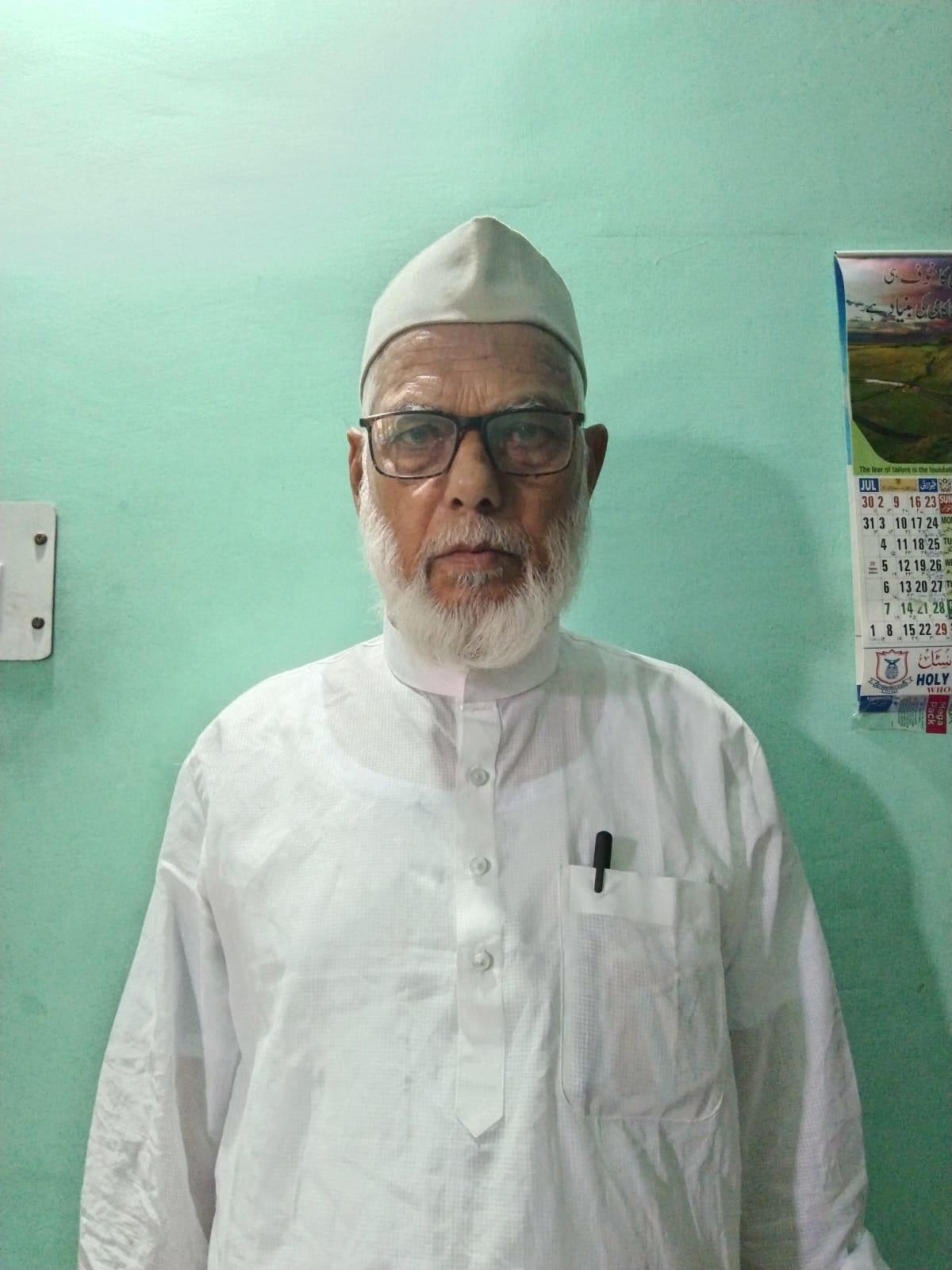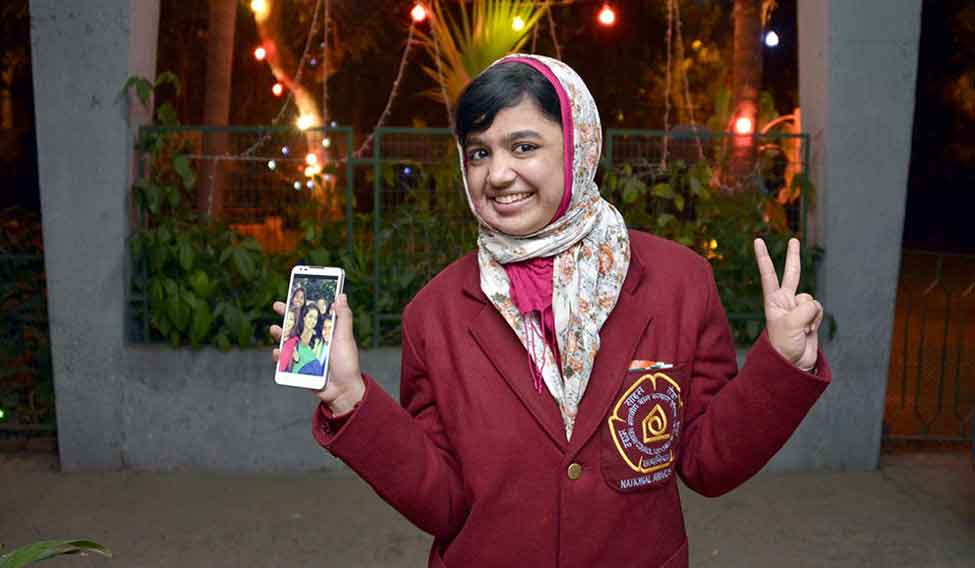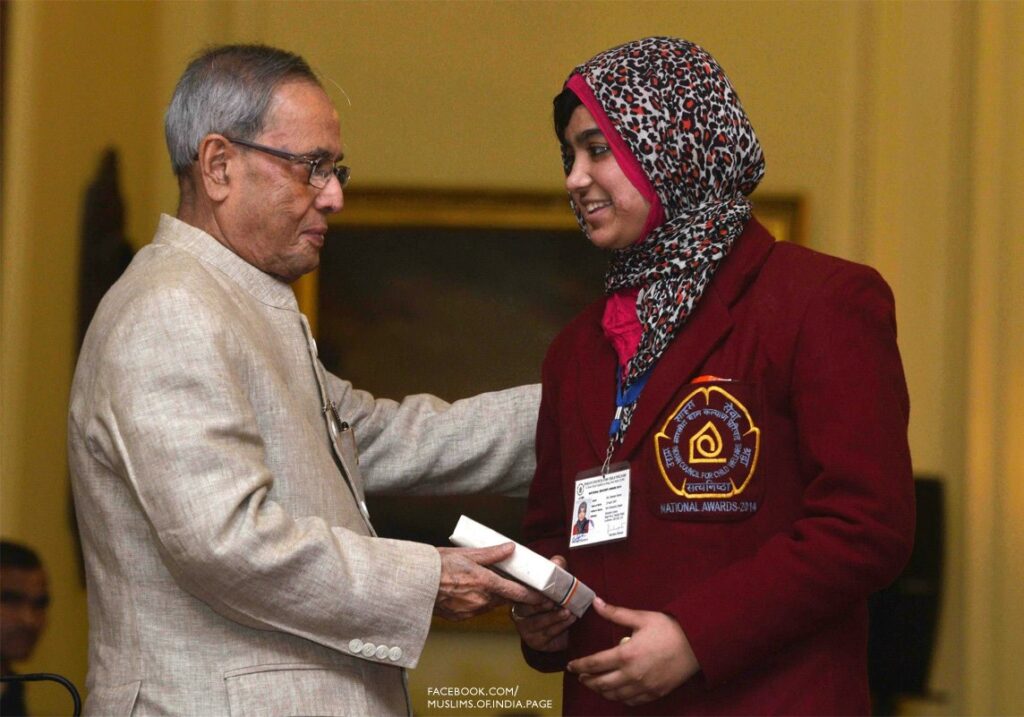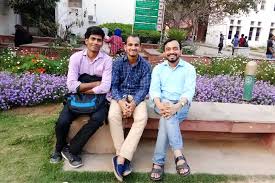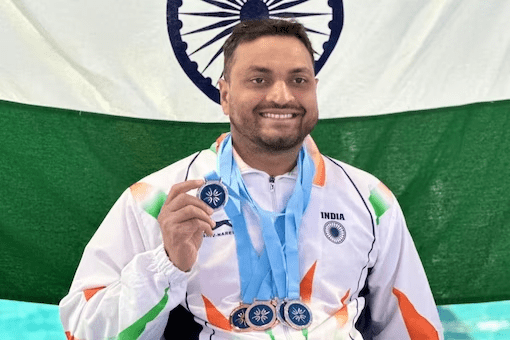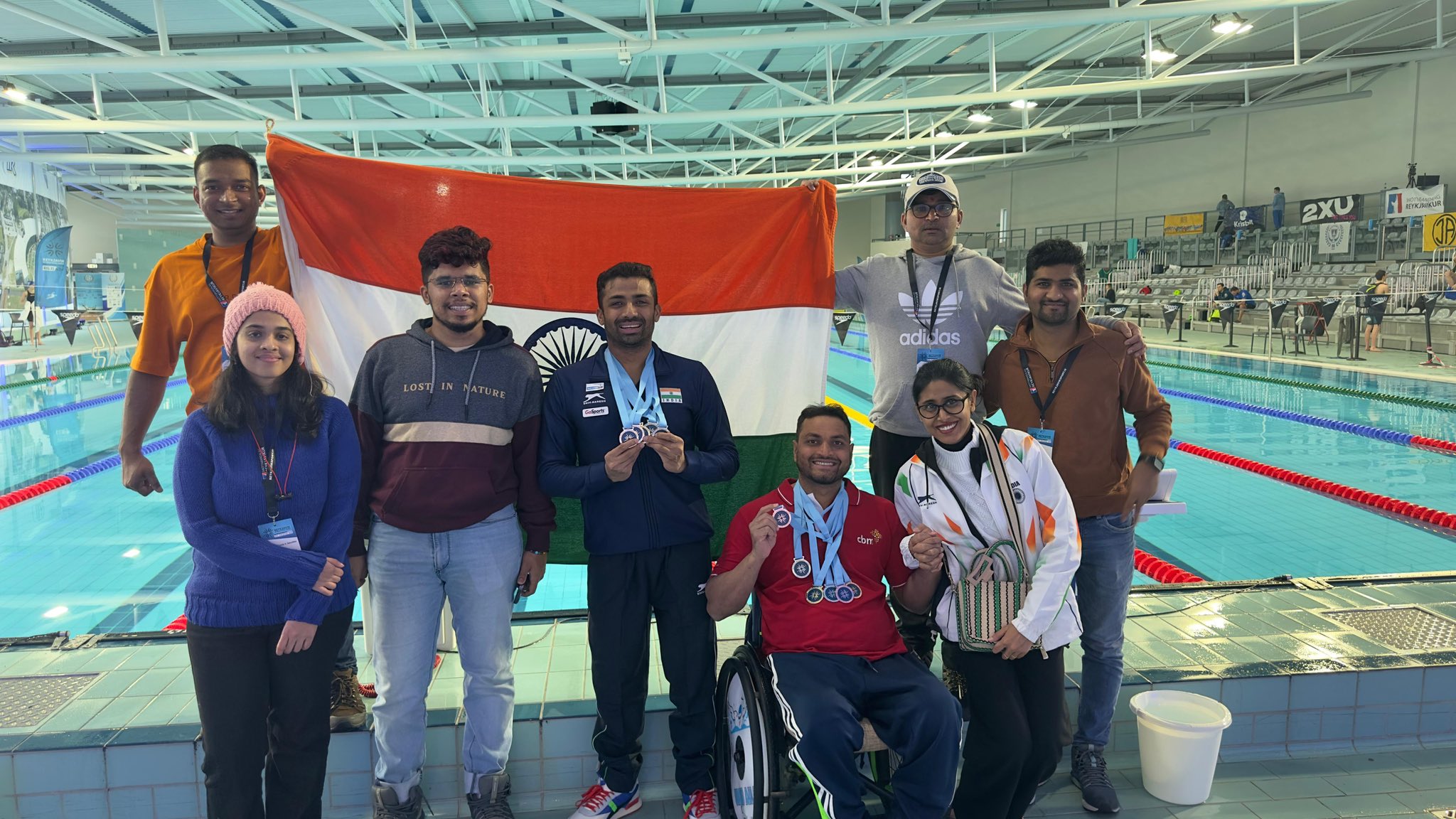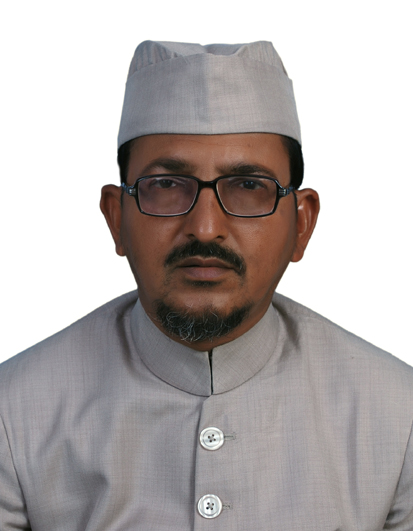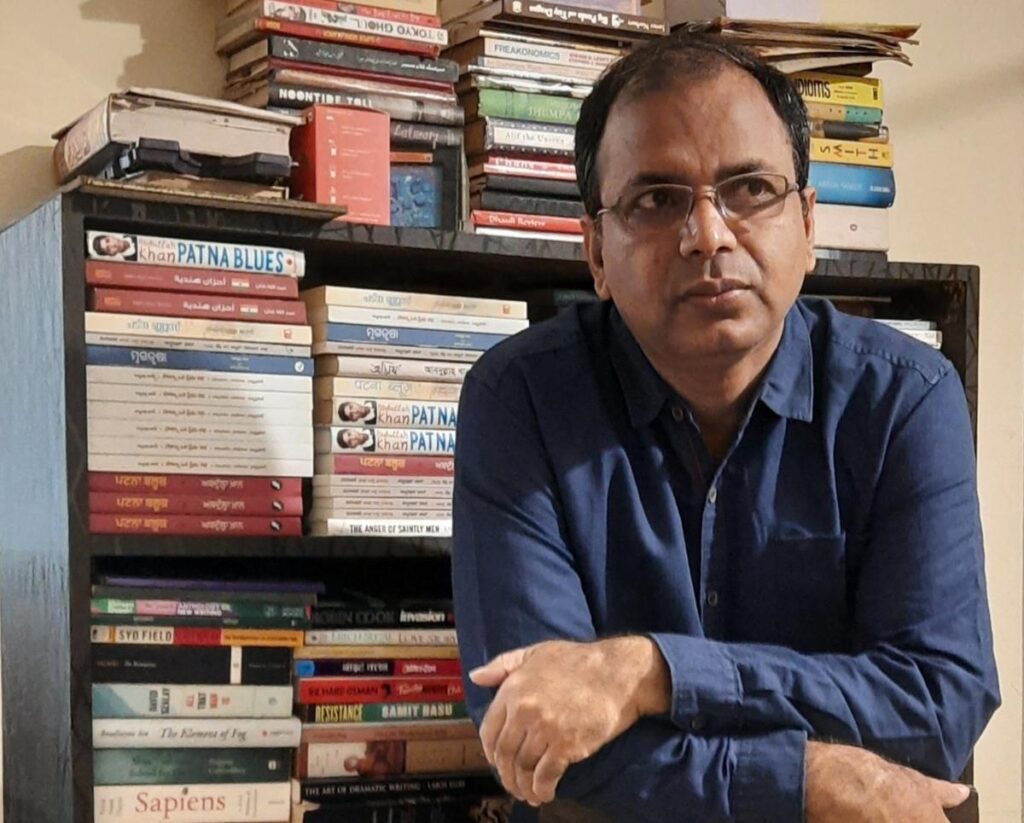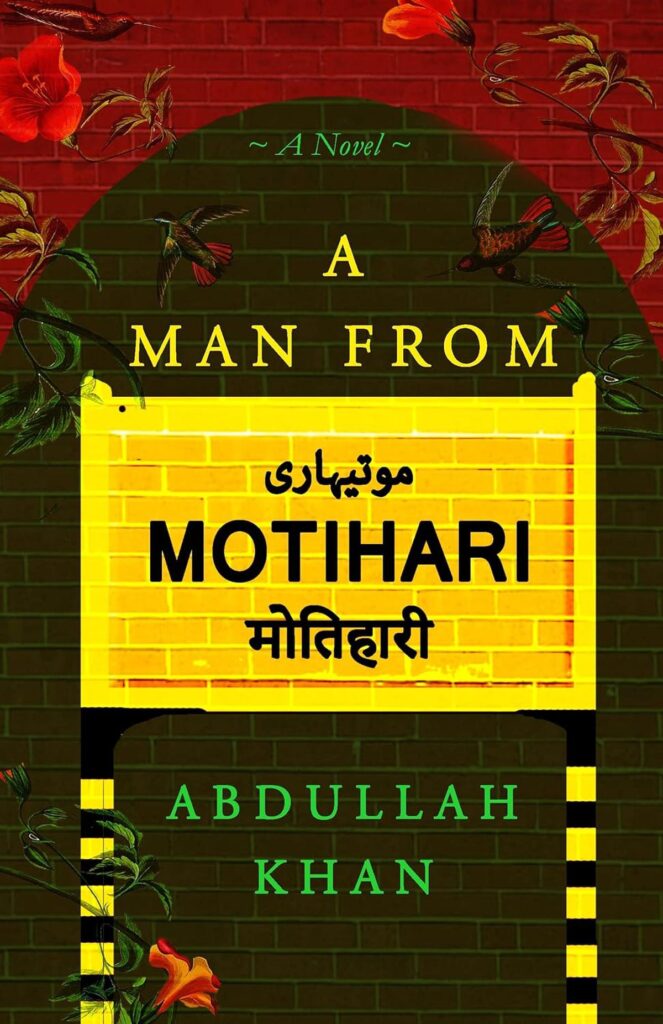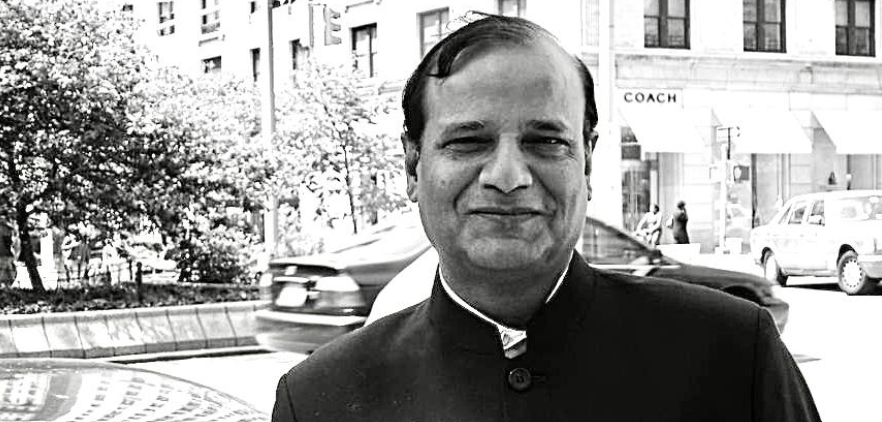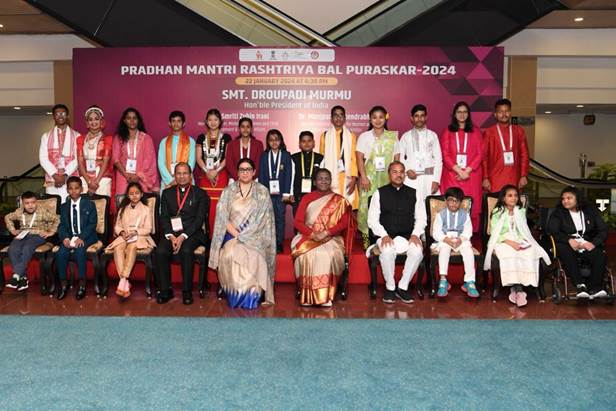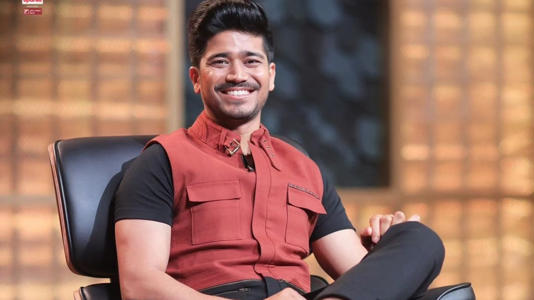Siwan, BIHAR :
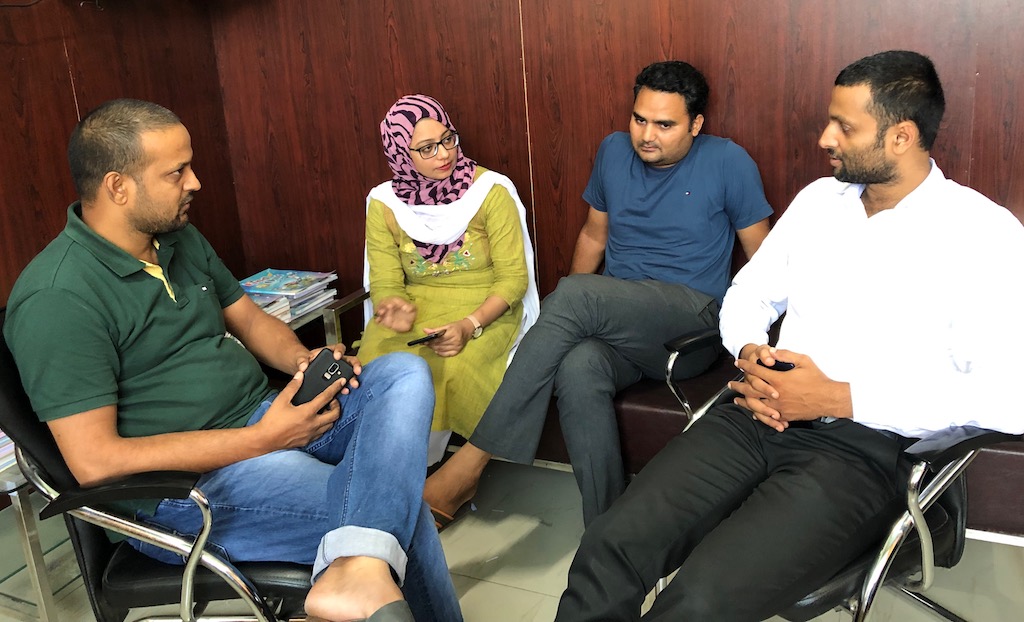
Siwan (Bihar):
Malcolm X rightly said, “Education is the passport to the future, for tomorrow belongs to those who prepare for it today.”
Dr Wasim and Tanweer Ahmad perhaps had the same thoughts in their minds as they came up with the idea of providing an enriching environment to those who cannot afford the luxury of education. They along with their colleagues left their comforts of life and well-established occupation to impart education to the underprivileged children of their home district i.e. Siwan.
Dr Wasim along with Tanweer Ahmad, Sharique Ahmad, and Sana Hussain, were keen to establish an institution that would serve as a ladder to the children who were underprivileged and could not afford basic education due to the paltry amount of resources.
Dr Wasim is a doctor from Aligarh and has completed his education from Aligarh Muslim University (AMU). He worked in a government hospital but gave up his job, to educate the children who are the leaders of tomorrow and who are the faces of our future.
Tanweer Ahmad, who hails from Siwan itself has completed his MBA from Williams college of LONDON and holds the post of the Director and he juggles between the tasks of administration as well as imparting knowledge to the children.
Sana Hussain, who holds the post of the Principal at the school, has achieved her master’s degree from South Korea. She works hard to maintain the smooth functioning of this institution’s administration and imparts education to the blooming buds.
Sharique Ahmad, who is also a pillar of this school, has achieved his double master’s degree in Education and English from Delhi University and AMU respectively. He works as a student counsellor and teachers’ trainer at the school. He aims at not only providing efficient educators but also endeavours to become a patient listener and a solution provider to these curious and creative minds.
They established a school named ‘bloombuds’ in Barharia, Bihar. Bloombuds was an idea born due to the concerns of its founders over rising illiteracy rates in certain parts of Bihar. The school came into existence in January 2016.
“This school has been established with the idea of providing an enriching environment to those who cannot afford the luxury of education”, says Dr Wasim, the chairman of the school.
Sana Hussain says, “We are constantly endeavouring to provide all essential facilities for the children. We aim at providing every facility that we couldn’t get while we were students; we are constantly working to educate the young minds. We are often told that we shouldn’t have left our jobs and compromised on our well-settled future but the contentment we derive out of imparting knowledge to these underprivileged children and providing them with resources that could help them lead a better life is unmatchable.”
These four pillars of bloombuds are in a constant endeavour at providing all essential facilities for the children. They aim at providing every facility that they couldn’t get while they were students; they are constantly working to educate the young minds. They are continuously struggling to impart knowledge to these underprivileged children, so as to provide them with resources that could help them to lead a better life.
This institution has not only provided educational aid but has also stood by its children through all thick and thins.
These mentors took complete responsibility of their students from selecting the students for the entrance exam to allowing them a stay at the hostel and preparing them from beforehand.
Dr Wasim says, “We brought these students to Delhi for their exam and stayed with them until they were back safe. To promote girls’ education, Bloombuds provided 50% discount on the admission fee for girls in the last couple of years. The bloombuds family has set an example of what overall support and aid should be like.”
“Due to the collective support, hard work and indulgence, the Bloombuds family feels very proud of the selection of its six students. These students of bloombuds have cracked the Jamia Millia Islamia School’s class 9th entrance examination. We couldn’t be happier”, he added.
When we inquired about the background of these students, we came to know that all these students belong to families where they believe that education is only for the rich and the upper class. The parents due to insufficient resources are not able to provide their children with adequate facilities, almost all the mothers are homemakers, fathers either work as drivers or in chemist shops or are shopkeepers, some even work as farmers and have little or no educational qualifications. Nevertheless, these students with their hard work and a little encouragement proved that one can achieve anything with the help of committed guidance and supervision. The parents at first were sceptical to send their children to this university, but when they saw the environment, they at once knew that this was the best for their children.
The parents due to insufficient resources are not able to provide their children with adequate facilities, almost all the mothers of these students are homemakers, and one of them is a teacher in a government school. The fathers either work as drivers or in a chemist shop or shopkeepers, some even work as farmers and have little or no educational qualification. But these students with their hard work and a little encouragement proved that one can achieve anything with the help of committed guidance and supervision. They made their parents and teachers proud after cracking the entrance exam. Four out of six students are girls, and all belong to rural areas.
On how important this result was to him, Sharique Ahmed says, “For the people belonging to a small town like Siwan, Jamia and Aligarh are a dream place to study not just for students but also for parents. Siwan is a place which is known for coaching centres and too expensive, but this school made it easy. They used to organize free coaching in summer vacation for the students as well,”
Talking about the obstacles faced in this journey, he adds, “In this blooming, there is only one hurdle and that is a hostel for girls. Parents are ready to send their children to Jamia, but their main concern is the hostel. While interviewing Zeba’s father, Mr Wahabuddin who is working in the Gulf also has only one condition and that is a hostel. So, the movement which has been started by Bloombud is becoming smooth day by day, but accommodation is one obstruction in this metro city.”
(Mehwish Matloob is pursuing MA History from Jamia Millia Islamia.)
source: http://www.beyondheadlines.in / Beyond Headlines / Home> India / by Mehwish Matloob for Beyond Headlines / August 03rd, 2019
